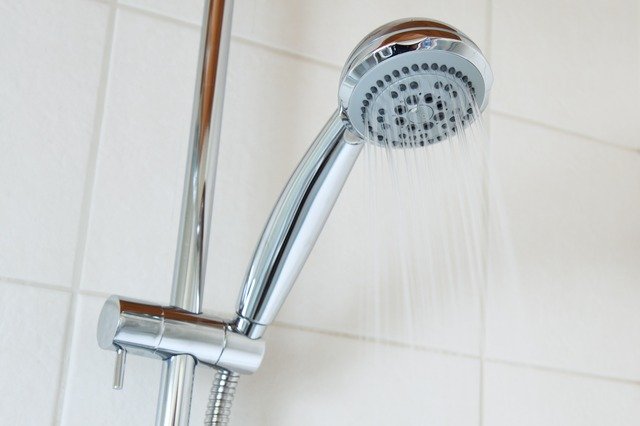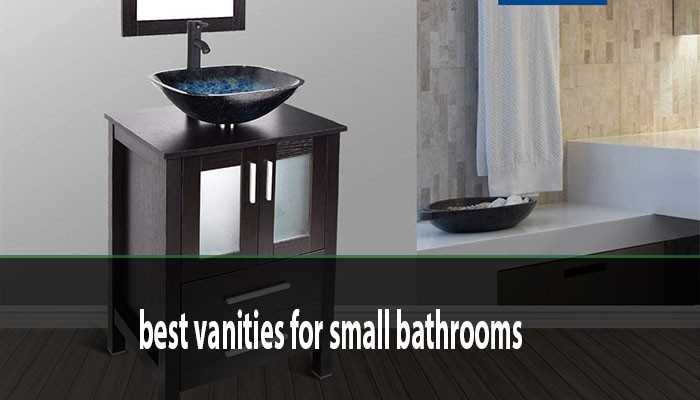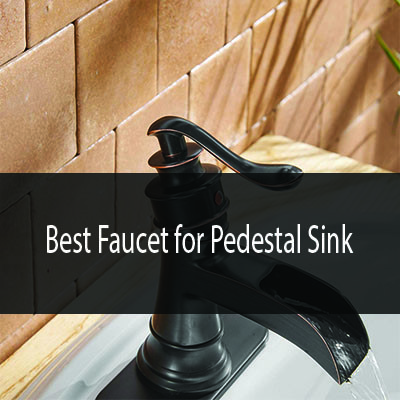Finding the right indoor cat can significantly enhance your living experience, especially if you reside in an apartment. With their playful antics, soothing purrs, and affectionate nature, indoor cats can bring joy and companionship to your life. But with so many breeds to choose from, how do you know which ones are best suited for apartment living? In this comprehensive guide, I will explore the best indoor cat breeds, highlighting their characteristics, needs, and why they make excellent companions for apartment dwellers.
When I first decided to adopt a cat, I was overwhelmed by the number of options available. I wanted a breed that would adapt well to my apartment lifestyle and fit seamlessly into my daily routine. After extensive research and personal experience, I've compiled a list of the top indoor cat breeds that are perfect for apartment living. So, whether you're a first-time cat owner or looking to add another furry friend to your family, this guide will help you make an informed decision.
Table of Contents
Why Choose Indoor Cats?
Before we delve into the specific breeds, let’s discuss why indoor cats are an excellent choice for apartment living.
Safety and Security
Indoor cats are generally safer than outdoor cats. They are protected from predators, traffic accidents, and exposure to diseases that can be transmitted by other animals. This safety is especially crucial in urban environments where outdoor hazards are more prevalent.
Space Efficiency
Apartments often have limited space, and indoor cats are well-suited to smaller living areas. They typically require less room to roam compared to their outdoor counterparts. With the right environment, they can thrive in cozy spaces.
Low Maintenance
Indoor cats usually require less maintenance than outdoor cats. They don't need to be let outside for potty breaks or exercise, and they are less likely to get dirty or require frequent grooming. This makes them ideal for busy individuals or families.
Strong Bonding Opportunities
Indoor cats tend to bond more closely with their owners. Since they spend more time indoors, they are more likely to seek companionship and engage in interactive play. This can lead to a deeper emotional connection.
Top Indoor Cat Breeds for Apartments
Now that we’ve established why indoor cats are a great choice for apartment living, let’s explore the best breeds. Each breed has unique characteristics that cater to different lifestyles and preferences.
1. Ragdoll
Ragdolls are known for their affectionate nature and striking blue eyes. They are large, gentle cats that enjoy being held and cuddled. Ragdolls are also known for their calm demeanor, making them ideal for apartments.
Key Features:
- Size: Large
- Temperament: Affectionate, calm
- Activity Level: Moderate
- Grooming Needs: Moderate
Pros:
- Great with children and other pets
- Very friendly and sociable
- Low tendency to be aggressive
Cons:
- Requires regular grooming to prevent matting
- Can be prone to certain health issues
Ideal Users:
Perfect for families, singles, or seniors looking for a loving companion.
2. British Shorthair
British Shorthairs are known for their stocky build and plush coat. They are typically easygoing and adapt well to indoor living. Their independent nature makes them suitable for people who may not be home all day.
Key Features:
- Size: Medium to large
- Temperament: Calm, independent
- Activity Level: Low to moderate
- Grooming Needs: Low
Pros:
- Low maintenance grooming
- Affectionate but not overly clingy
- Good for first-time cat owners
Cons:
- Can be aloof at times
- May not be as playful as other breeds
Ideal Users:
Great for busy professionals or families who appreciate a low-maintenance pet.
3. Siamese
Siamese cats are known for their vocal nature and striking appearance. They are highly social and thrive on interaction with their owners. Their playful personality makes them great companions for active households.
Key Features:
- Size: Medium
- Temperament: Vocal, social
- Activity Level: High
- Grooming Needs: Low
Pros:
- Extremely affectionate and loyal
- Highly intelligent and trainable
- Great for families and singles alike
Cons:
- Can become bored easily if left alone
- May demand a lot of attention
Ideal Users:
Perfect for families or individuals who can dedicate time to play and interaction.
4. Persian
Persians are known for their long, luxurious coats and sweet personalities. They are generally calm and enjoy lounging around, making them perfect for apartment living. However, they do require regular grooming to maintain their beautiful fur.
Key Features:
- Size: Medium to large
- Temperament: Gentle, laid-back
- Activity Level: Low
- Grooming Needs: High
Pros:
- Very affectionate and loving
- Low activity level suits smaller spaces
- Quiet and calm demeanor
Cons:
- Requires daily grooming
- Prone to certain health issues due to their flat faces
Ideal Users:
Ideal for those seeking a low-energy companion who enjoys a relaxed lifestyle.
5. Maine Coon
Maine Coons are one of the largest domestic cat breeds, known for their friendly and sociable nature. Despite their size, they adapt well to indoor living and can be quite playful.
Key Features:
- Size: Large
- Temperament: Friendly, playful
- Activity Level: Moderate to high
- Grooming Needs: Moderate
Pros:
- Good with children and other pets
- Intelligent and trainable
- Unique personality
Cons:
- Requires regular grooming
- Can be prone to health issues related to their size
Ideal Users:
Great for families looking for a playful and friendly companion.
6. Scottish Fold
Scottish Folds are known for their distinctive folded ears and sweet disposition. They are affectionate and enjoy spending time with their owners, making them excellent apartment pets.
Key Features:
- Size: Medium
- Temperament: Affectionate, easygoing
- Activity Level: Moderate
- Grooming Needs: Low
Pros:
- Friendly and adaptable
- Great for families and singles
- Low grooming requirements
Cons:
- Can be prone to certain genetic health issues
- May require stimulation to prevent boredom
Ideal Users:
Perfect for families or individuals looking for a loving and easygoing pet.
7. Abyssinian
Abyssinians are known for their playful and active nature. They are highly intelligent and love to explore their surroundings. Their short coat makes grooming easy, and they are well-suited for apartment living.
Key Features:
- Size: Medium
- Temperament: Active, playful
- Activity Level: High
- Grooming Needs: Low
Pros:
- Very playful and curious
- Low grooming needs
- Great for active families
Cons:
- Requires plenty of stimulation and playtime
- Can be mischievous
Ideal Users:
Best for families or individuals who are active and can provide plenty of playtime.
8. Burmese
Burmese cats are known for their affectionate and social nature. They thrive on human interaction and are often described as "people-oriented." Their playful demeanor makes them great companions for apartment living.
Key Features:
- Size: Medium
- Temperament: Affectionate, social
- Activity Level: Moderate
- Grooming Needs: Low
Pros:
- Very friendly and loving
- Good with children and other pets
- Low grooming requirements
Cons:
- Can become overly attached to their owners
- May require stimulation to prevent boredom
Ideal Users:
Perfect for families or individuals looking for a loving and interactive companion.
9. Sphynx
Sphynx cats are known for their lack of fur and unique appearance. They are highly social and enjoy being around people. Their playful nature makes them great companions for apartment living.
Key Features:
- Size: Medium
- Temperament: Affectionate, playful
- Activity Level: Moderate
- Grooming Needs: Moderate
Pros:
- Very social and affectionate
- Unique appearance
- Low shedding
Cons:
- Requires regular bathing to keep their skin healthy
- Can be sensitive to temperature changes
Ideal Users:
Great for families or individuals who appreciate a unique and affectionate pet.
10. Exotic Shorthair
Exotic Shorthairs are essentially the short-haired version of Persians. They have a sweet disposition and are known for their calm nature. They adapt well to indoor living and require moderate grooming.
Key Features:
- Size: Medium
- Temperament: Gentle, calm
- Activity Level: Low to moderate
- Grooming Needs: Moderate
Pros:
- Very affectionate and loving
- Low activity level suits smaller spaces
- Calm demeanor
Cons:
- Prone to certain health issues
- Requires regular grooming
Ideal Users:
Perfect for those seeking a low-energy companion who enjoys a relaxed lifestyle.
Common Problems and Misconceptions
Misconception: Indoor Cats Are Bored
Many people believe that indoor cats are bored and unhappy. While it’s true that they may not have the same opportunities for exploration as outdoor cats, indoor cats can lead fulfilling lives with the right stimulation. Providing toys, scratching posts, and interactive playtime can keep them engaged.
Problem: Litter Box Issues
Litter box problems can arise if the box is not cleaned regularly or if the cat is not comfortable with the type of litter used. It’s essential to maintain a clean litter box and choose a litter that your cat prefers.
Misconception: Cats Don’t Need Attention
Some people think that cats are independent and don’t require much attention. While they may be more independent than dogs, cats still need social interaction and mental stimulation. Regular playtime and affection are crucial for their well-being.
Frequently Asked Questions
What is the best indoor cat breed for families?
The Ragdoll and Maine Coon are both excellent choices for families due to their friendly and affectionate nature.
How do I choose the right indoor cat for my lifestyle?
Consider your living situation, activity level, and how much time you can dedicate to play and interaction. Research different breeds to find one that matches your lifestyle.
Do indoor cats need outdoor time?
While indoor cats can live happy lives without outdoor access, supervised outdoor time in a safe environment can provide additional stimulation and enrichment.
How can I keep my indoor cat entertained?
Provide a variety of toys, scratching posts, and interactive playtime. Consider setting up a window perch for them to watch the outside world.
Are indoor cats healthier than outdoor cats?
Indoor cats generally have a lower risk of injury and disease, leading to a longer life expectancy compared to outdoor cats.
Conclusion
Choosing the right indoor cat breed can greatly enhance your apartment living experience. From the affectionate Ragdoll to the playful Abyssinian, there are many breeds that can fit seamlessly into your lifestyle. Remember to consider your living space, activity level, and how much time you can dedicate to your new furry friend.
By adopting an indoor cat, you not only gain a loving companion but also contribute to their safety and well-being. Take the time to research different breeds and find the perfect match for your home.
If you’re ready to welcome a furry friend into your life, explore local shelters or rescue groups to find your new companion. Your journey to cat ownership can be incredibly rewarding, filled with love, laughter, and companionship.






